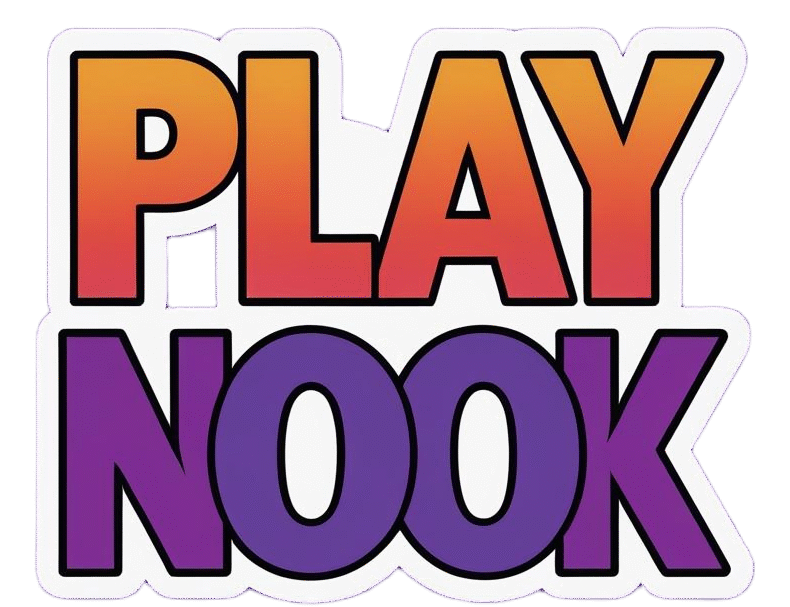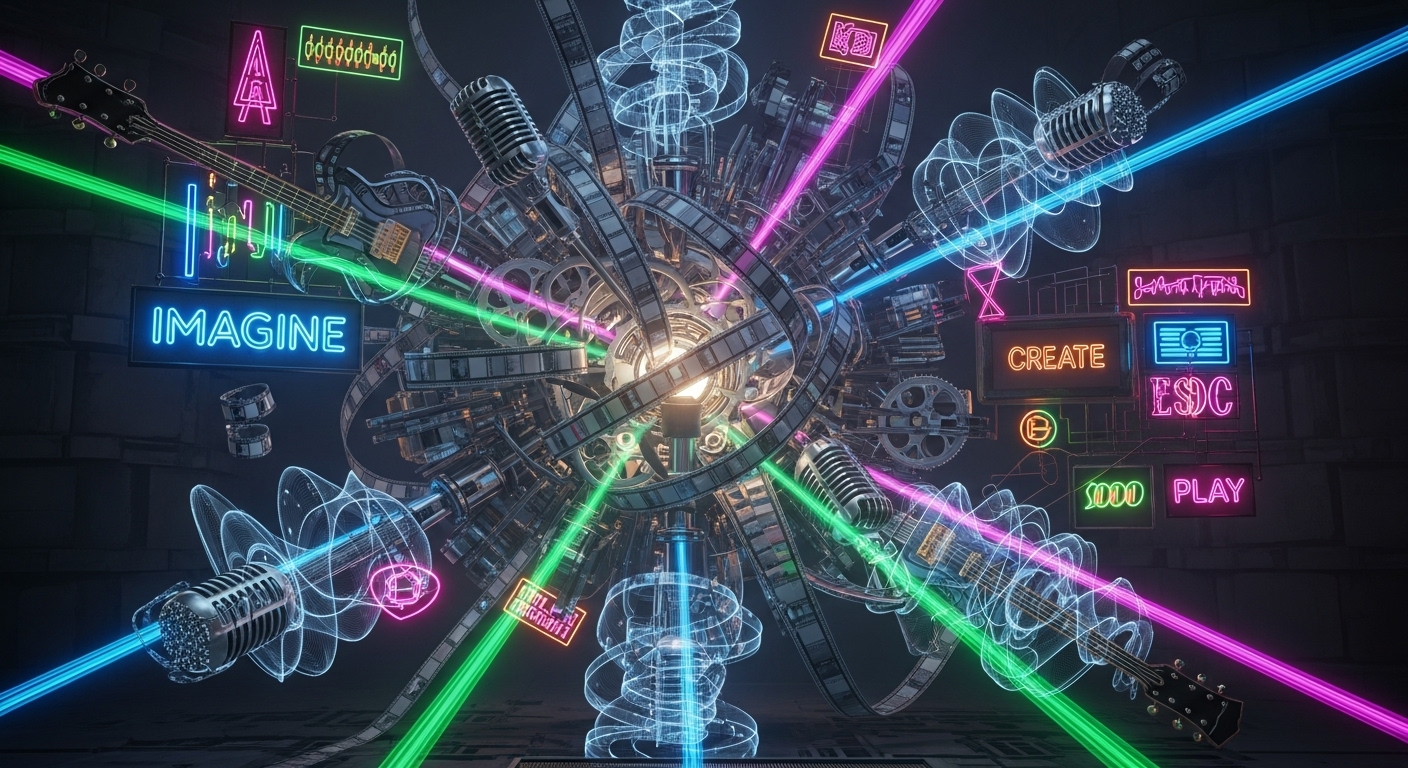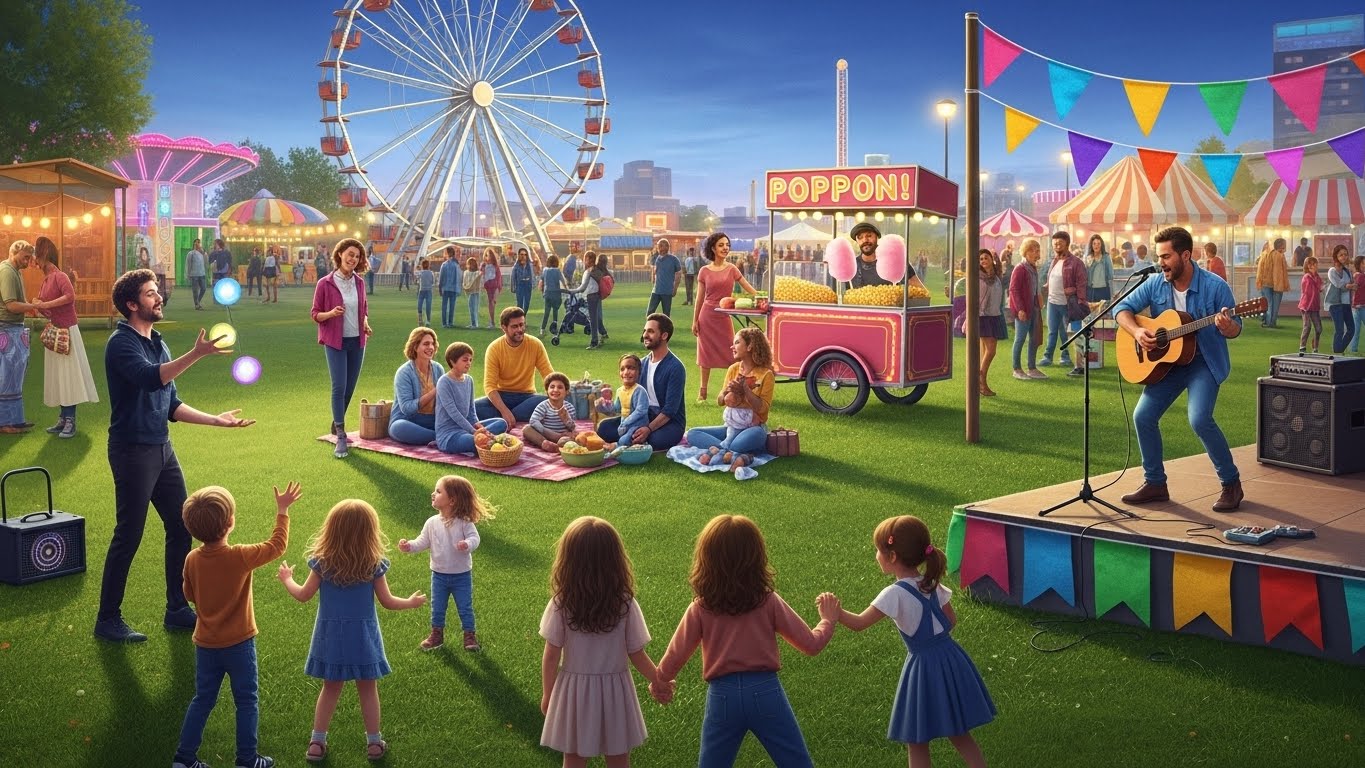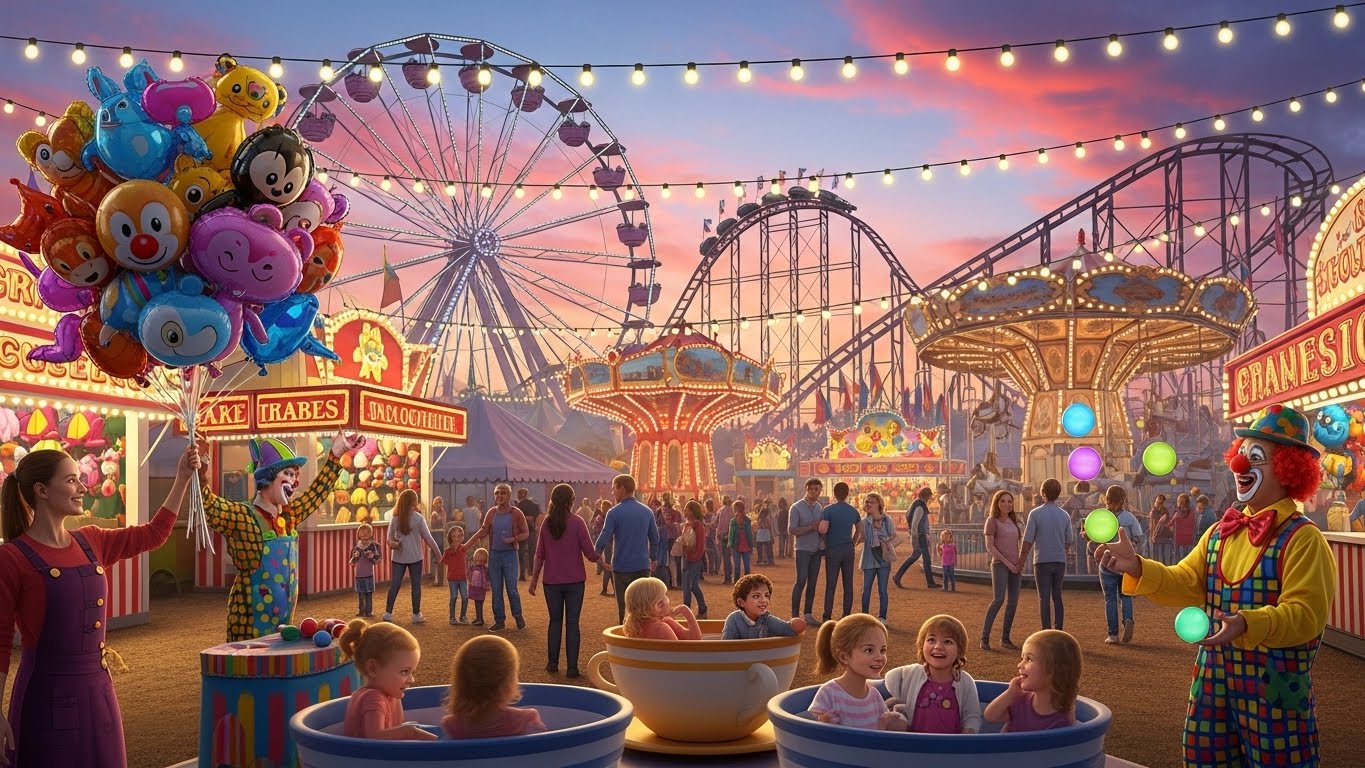Entertainment has always been a vital part of human civilization. From ancient storytelling around a fire to modern-day streaming services that bring global content to our fingertips, entertainment shapes our culture, connects people, and provides an essential escape from the monotony of everyday life. In this blog, we will explore the multifaceted world of entertainment—delving into movies, music, television, gaming, and live performances—while examining how these mediums have evolved over time and continue to captivate audiences worldwide.
The Magic of Movies: From Silent Films to Streaming Giants
Movies have long been a cornerstone of entertainment. The journey from silent black-and-white films to the breathtaking visual spectacles of today demonstrates the power of storytelling combined with technological innovation.
The Golden Age of Cinema
The early 20th century marked the beginning of the cinematic revolution. Silent films such as “The Birth of a Nation” and “Metropolis” paved the way for filmmakers to experiment with visual storytelling. With the advent of sound in the late 1920s, movies like “The Jazz Singer” transformed the audience experience, giving rise to the era of talkies. These films were more than just entertainment; they were cultural phenomena that defined societal norms and reflected the aspirations of their time.
Hollywood vs. Global Cinema
While Hollywood has been a dominant force in the global entertainment industry, other countries have developed rich cinematic traditions. Indian Bollywood films, with their elaborate song and dance sequences, captivate millions and have a unique appeal rooted in cultural storytelling. Similarly, French, Japanese, and South Korean films offer unique perspectives, blending art, politics, and personal narratives in ways that continue to influence global cinema trends.
Modern Cinema and Technology
Today, movies are more than just stories on a screen—they are immersive experiences. CGI, motion capture, and advanced sound design allow filmmakers to create worlds previously unimaginable. Franchises like superhero sagas, epic fantasy series, and science fiction epics showcase the creative potential of technology. Additionally, streaming platforms have revolutionized access to movies, enabling audiences to explore content from all over the world without leaving their homes. The concept of a “movie theater” experience has evolved but still holds a special place for those seeking communal engagement.
Television: The Golden Era of Small-Screen Entertainment
Television has transformed significantly since its introduction. From grainy black-and-white screens to high-definition smart TVs, the small screen has delivered stories, laughter, and drama into millions of homes.
The Evolution of TV Shows
Television programming has evolved from simple family sitcoms to complex narratives that rival cinematic productions. Classic shows like “Friends” and “The Simpsons” provided entertainment that resonated with multiple generations. Meanwhile, modern series such as “Stranger Things,” “Game of Thrones,” and “The Crown” showcase the potential for deep, serialized storytelling. Television has become a platform for experimentation, blending genres and styles to engage viewers in fresh ways.
The Rise of Streaming
Streaming services have reshaped television consumption, giving rise to the concept of “binge-watching.” Platforms like Netflix, Amazon Prime, and Disney+ allow viewers to watch entire seasons at their own pace, changing how stories are told and consumed. This shift has also democratized entertainment, allowing independent creators and international content to reach global audiences more easily than ever before.
Reality TV and Audience Engagement
Reality television has carved out a distinct space in entertainment. Shows like talent competitions, cooking challenges, and lifestyle programs provide audiences with a blend of authenticity and drama. Reality TV thrives on relatability and unpredictability, offering a glimpse into the lives of ordinary people or celebrities in ways that scripted shows cannot. Despite often being criticized for sensationalism, reality television remains a powerful form of engagement.
Music: The Universal Language
Music is perhaps the most universal form of entertainment. It transcends borders, languages, and cultures, evoking emotions that words alone cannot capture.
The Evolution of Musical Genres
Over the decades, musical genres have evolved dramatically. Jazz, blues, rock, hip-hop, pop, EDM, and countless others each tell a story of their cultural origins. Jazz and blues, born from the African American experience, laid the foundation for modern music. Rock and roll revolutionized the youth culture of the 1950s and 1960s, while hip-hop emerged as a powerful voice for social commentary and self-expression.
Music in the Digital Age
The advent of digital technology has transformed music production, distribution, and consumption. Streaming platforms like Spotify, Apple Music, and YouTube allow listeners to access a virtually infinite library of music anytime, anywhere. Social media platforms and apps like TikTok have also become powerful tools for discovering and promoting new talent, making music more interactive and participatory than ever.
Live Performances and Festivals
Despite the rise of digital music, live performances remain irreplaceable. Concerts and music festivals provide communal experiences that are both exhilarating and unforgettable. From intimate jazz clubs to stadium-filling rock concerts, live music creates an energy that digital formats cannot replicate. Festivals like Coachella, Glastonbury, and Tomorrowland are more than just entertainment—they are cultural events that celebrate creativity, community, and human connection.
Gaming: The Interactive Frontier
Video games have emerged as a dominant form of entertainment, offering interactive experiences that engage players in unique ways.
The Rise of Video Games
Starting from simple arcade games like “Pong” and “Pac-Man,” the gaming industry has grown into a multibillion-dollar global enterprise. Modern games feature complex narratives, cinematic graphics, and immersive worlds. Franchises such as “The Legend of Zelda,” “Final Fantasy,” and “The Witcher” have captivated millions with their storytelling and gameplay mechanics.
Esports: Competitive Gaming as Entertainment
Esports has transformed gaming into a spectator sport. Professional gamers compete in tournaments watched by millions online, and prize pools rival those of traditional sports. Esports combines skill, strategy, and entertainment, creating a new industry that bridges gaming and live events. Fans celebrate their favorite players and teams, similar to how they follow traditional sports leagues.
Virtual Reality and the Future of Gaming
Virtual reality (VR) and augmented reality (AR) technologies are pushing gaming into entirely new dimensions. Players can explore virtual worlds, interact with characters, and experience stories in ways that feel incredibly lifelike. As technology advances, gaming will continue to blur the lines between reality and fantasy, offering new forms of immersive entertainment that engage all senses.
Live Performances: Theater, Dance, and Cultural Experiences
Live performances have a timeless appeal. Theater, dance, and cultural shows offer experiences that are uniquely human, relying on presence, emotion, and the shared energy of an audience.
Theater: The Art of Storytelling
Theater has been a cornerstone of entertainment for centuries. From the tragedies of ancient Greece to contemporary musicals on Broadway, theater combines storytelling, acting, music, and visual art to create unforgettable experiences. Plays and musicals challenge audiences intellectually and emotionally, making live theater a deeply personal and communal form of entertainment.
Dance: Expression Through Movement
Dance is a universal form of expression. Ballet, contemporary, hip-hop, and traditional cultural dances communicate stories and emotions through movement. Dance performances can be celebratory, dramatic, or thought-provoking, providing entertainment while preserving cultural heritage. Festivals and stage performances offer audiences a glimpse into the skill, creativity, and dedication of dancers worldwide.
Cultural and Street Performances
Street performances, circus arts, and cultural showcases bring entertainment to public spaces, making it accessible to everyone. From talented buskers to elaborate traditional ceremonies, these performances enrich communities and celebrate human creativity in its most spontaneous form.
The Influence of Social Media on Entertainment
Social media has become a powerful force in shaping modern entertainment. Platforms like Instagram, TikTok, and YouTube have democratized content creation, allowing anyone to share their creativity with a global audience.
Short-Form Content and Viral Trends
Short-form videos have transformed how we consume entertainment. Viral challenges, memes, and creative clips capture attention in seconds, providing instant gratification and widespread cultural impact. Content creators have become celebrities in their own right, shaping trends, influencing fashion, and redefining the concept of fame.
Influencers as Entertainers
Influencers have become a new breed of entertainers, blending humor, talent, and personal storytelling to engage audiences. Their impact extends beyond social media, influencing music, fashion, and even traditional media. In many cases, influencers blur the lines between entertainment, marketing, and social commentary, creating dynamic and interactive experiences for fans.
The Future of Entertainment: A Blend of Technology and Creativity
The future of entertainment promises innovation and excitement. Emerging technologies such as artificial intelligence, immersive virtual experiences, and interactive storytelling will continue to reshape how audiences engage with content.
AI and Creative Collaboration
Artificial intelligence is increasingly being used in music composition, video editing, and content creation. AI tools can assist artists in generating ideas, enhancing production quality, and experimenting with new formats. While AI cannot replace human creativity, it serves as a collaborative partner, expanding the possibilities of entertainment.
Immersive and Interactive Experiences
Virtual reality, augmented reality, and mixed reality technologies are creating new forms of interactive entertainment. Audiences can become active participants in stories, exploring worlds, making decisions, and experiencing narratives in a deeply personal way. These immersive experiences have the potential to redefine the boundaries of art, storytelling, and engagement.
Globalization and Cultural Exchange
The digital age has made entertainment more global than ever. Audiences can explore films, music, and games from cultures across the world, fostering cross-cultural understanding and appreciation. This global exchange enriches creativity, encourages collaboration, and ensures that entertainment continues to evolve in exciting and unpredictable ways.
Conclusion: Entertainment as a Mirror of Society
Entertainment is more than just amusement; it is a reflection of society, culture, and human imagination. Movies, television, music, gaming, and live performances offer windows into different worlds, perspectives, and experiences. As technology advances and cultures continue to intersect, the landscape of entertainment will become even more diverse, interactive, and immersive. In the end, entertainment remains a vital part of the human experience—a source of joy, inspiration, and connection that transcends boundaries and unites people through the universal language of creativity.



